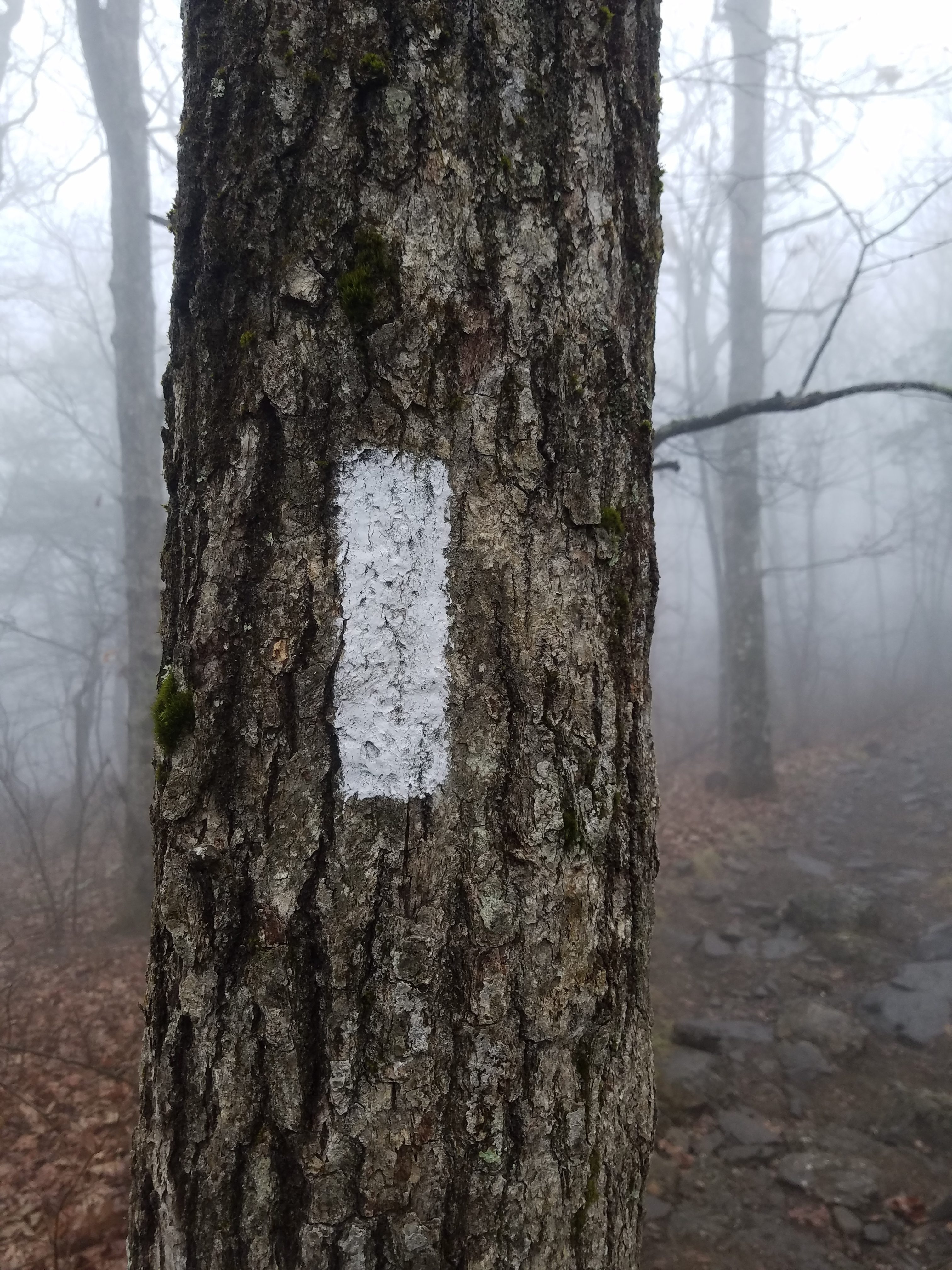Mentally Successful Thru-Hiking
When it comes to planning a successful thru-hike, one aspect that I feel many have overlooked is mental preparedness and maintaining mental health. Most beginner long-distance hikers seem to focus a lot on “things” and forget about themselves. They have the tendency to believe that if they just have the best gear on the market, that’s what will make them successful. Sad to say, but as with pretty much everything else in life, it’s almost never about what you have. It is about what you as an individual can do. All the gear in the world won’t get you up and walking every morning. You are. You as an individual must make the decision every single day to get up, get ready, and get walking. You must develop a “keep going” mind-set, one that won’t become discouraged if something unexpected crops up.
Develop a “Keep Going” Mind-set
This “keep going” mind-set starts before you even take your first steps on the trail. It starts with you making the conscious and concrete decision of I’m going to thru-hike. If you set foot on the trail with the attitude that I’m going to “try,” then you’ve already defeated yourself. With a “try” attitude anything and everything can become an excuse to quit, and believe me, things will go wrong. A tent pole may snap, the trail might become icy, shelter mice might get to your food, it may constantly rain… the possibilities go on. If, however, you start your thru-hike with the mentality of I’m going to thru-hike, then the difficulties that arise become simply another obstacle to overcome. Instead of thinking, “I’m getting tired of this, maybe I’ll just quit,” you’ll think, “Well this sucks, but how am I going to deal with it?” You develop a mentality of thinking about how to deal with the situation before you, without dwelling on how much the situation sucks. Being able to mentally deal with a situation without becoming discouraged is one of the key components to a successful thru-hike.
Take Breaks
Thru-hiking is hard; there’s no disputing that. Some of that difficulty comes from the physical toll it takes on your body, but an even bigger component is the mental stress. Even if you love hiking and being out in the woods, eventually the grind of hiking every single day will take its toll. If you want to thru-hike, then you need to be able to deal with the mental stress. One of the best ways to deal with this is simply knowing when to take a break. If for whatever reason you’re just not having a good day, you’re just exhausted, tired, and not 100%, maybe stop early. Find a nice camp spot and just chill out, de-stress, and recharge yourself for the next day. Thru-hiking is a marathon, not a sprint; know when to take it a little easier so that you can push harder later without wearing yourself out. Also, be sure to take regular zeros; they are a great way to give yourself a much-needed mental and physical rest. How often you take a zero is something you should figure out for yourself and what works best for you.
Find Friends
Along your hike, especially on a more social trail like the Appalachian Trail, you’re going to meet a lot of people. Getting to know these people and developing friendships is probably the best way to maintain your mental health. There’s nothing quite like having a group of friends to share the same shitty day the trail has dealt out. It’s not for everyone but having a tramly (a trail family) is one of the best experiences you can have while out on the trail. The sense of camaraderie that is achieved by this makes even the worst days feel like not a big deal. The fact that each of you is having the same shitty day really helps to galvanize your resolve to keep going. It develops a mentality of “togetherness.” If I had not found the friends who I did on my Appalachian Trail thru-hike, I can say for certain that I would not have finished. If you find a group of people you really enjoy being around, stick with them. You will find invaluable, lifelong friends.
This website contains affiliate links, which means The Trek may receive a percentage of any product or service you purchase using the links in the articles or advertisements. The buyer pays the same price as they would otherwise, and your purchase helps to support The Trek's ongoing goal to serve you quality backpacking advice and information. Thanks for your support!
To learn more, please visit the About This Site page.



Comments 2
Wise, tried, and true! This is everything. Great article Scout! – Wubs
Great blog, Luke – applies to every day life as well!